Small actions can add up to something genuinely transformative
What will the sector look like in five years’ time? Predictions are a fool’s game, but I hope it won’t look the same.
Just in the past week, Fatima Salaria, Anne Mensah and Aysha Rafaele have all talked up the need for a more inclusive industry, and there is a greater sense than ever that change is coming.
These are industry figures whose commitment to transformation is unquestionable – and who have the talent and seniority to see it through.
Five years from now, they may well be perceived to have been at the vanguard of a TV revolution – the period when the everyday folk of the UK came to think of the industry as more relatable and a genuine career option.
This is about more than ethnicity – or at least, it does not start and stop with the colour of someone’s skin. BAME individuals have been horribly under-represented within the sector for many years, but so have the vast majority of people in the UK.
“If you’re the son of a bricklayer or the daughter of a postman, have you really got a shot at breaking into the industry, let alone conquering it?”
With the exception of a Scottish burr, regional accents are still scarce among the commissioning and indie boss class and there is a startling homogeneity to the top of the industry. It doesn’t even remotely look like the rest of the country and is often wrongly labelled as ‘middle class’. It’s not, it’s posh.
Its executives often come from wealthy backgrounds but also enjoy the kind of cultural capital that many do not share. If you’re the son of a bricklayer or the daughter of a postman, have you really got a shot at breaking into the industry, let alone conquering it?
That won’t change without direct action, which was one of Mensah’s best suggestions when she spoke at Channel 4’s Diverse event in Bradford. She suggested that people take the initiative rather than respond to diktats issued by the sectors’ chiefs.
“Writers should read other writers’ work, directors should talk to edit assistants and researchers should go to local schools and teach students about the opportunities that exist,” she said.
In other words, the shape of the industry and its future is everyone’s responsibility – so you need to do your bit. It made me think of Anne Reid’s monologue at the end of Russell T Davies’ crystal ball-gazing Years And Years.
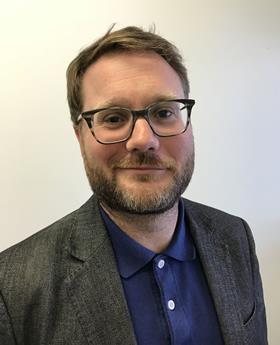
With her family gathered around the dining table, Muriel (Reid) explains that “this is the world that we built”, chastising them for silently buying into a culture that they claim not to like.
It’s a warning to do more, and a call for a million small actions to make a major difference. If TV needs to change, let’s all play our part.
- Chris Curtis is the editor in chief of Broadcast








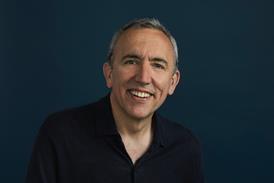
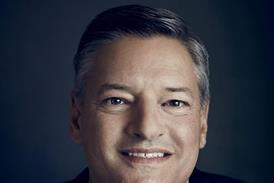










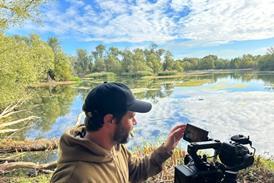
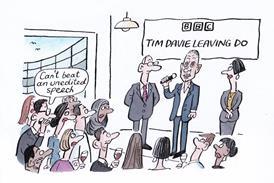
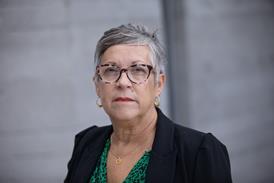
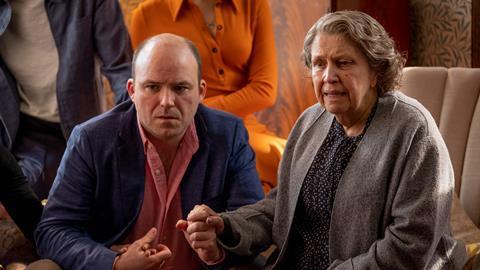



No comments yet